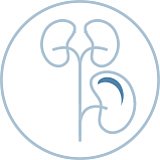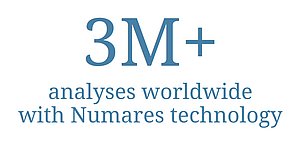

Magnetic Group Signaling (MGS®) Technology
Magnetic Group Signaling (MGS®) standardizes NMR systems and sample processing to ensure reproducible results on different NMR instruments.


AXINON® System
Using FDA-cleared technology, this is our core platform. It incorporates diagnostic testing algorithms into nuclear magnetic resonance (NMR) spectroscopy. It's the first modular software-based system for clinical diagnostics.





